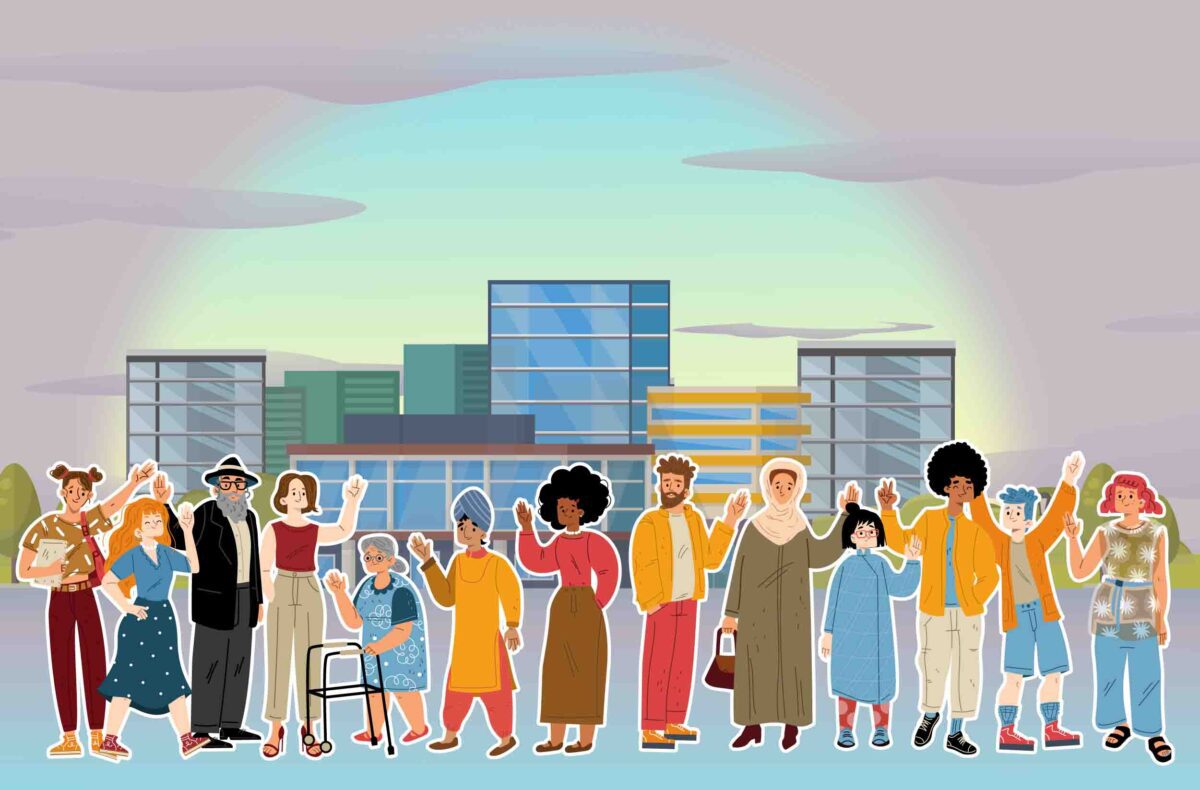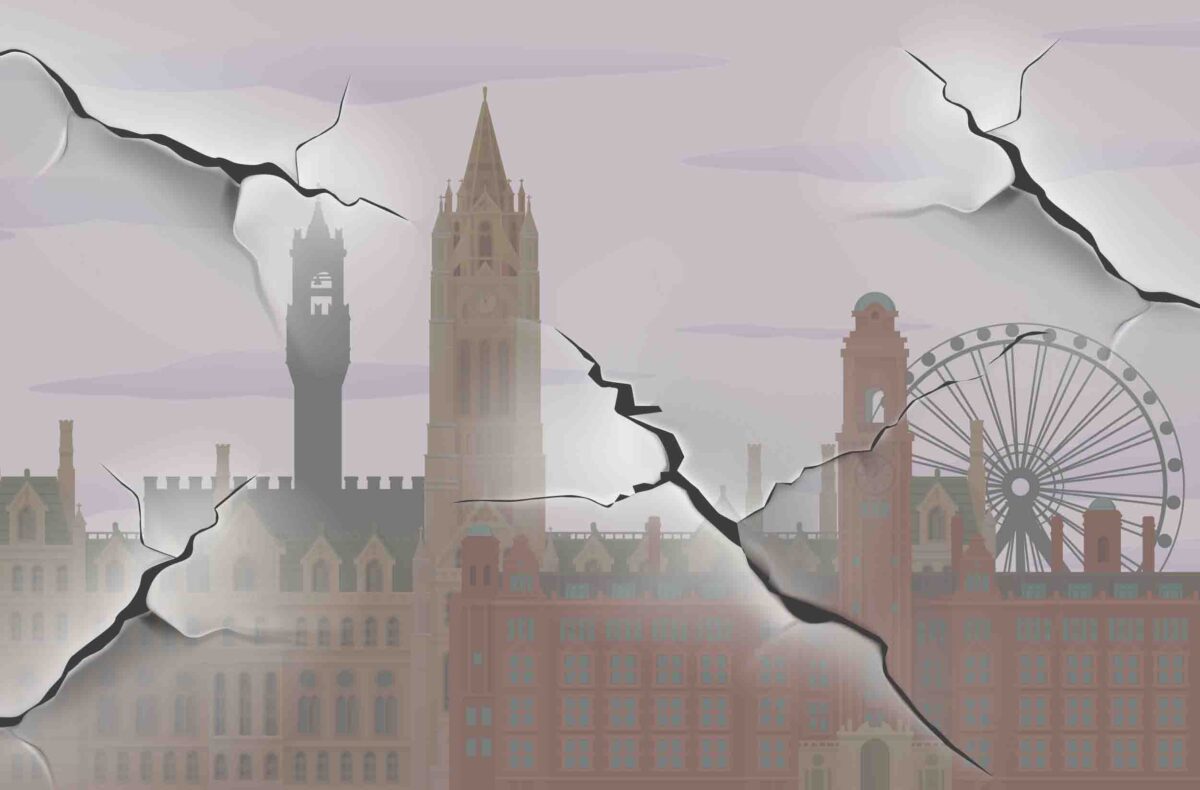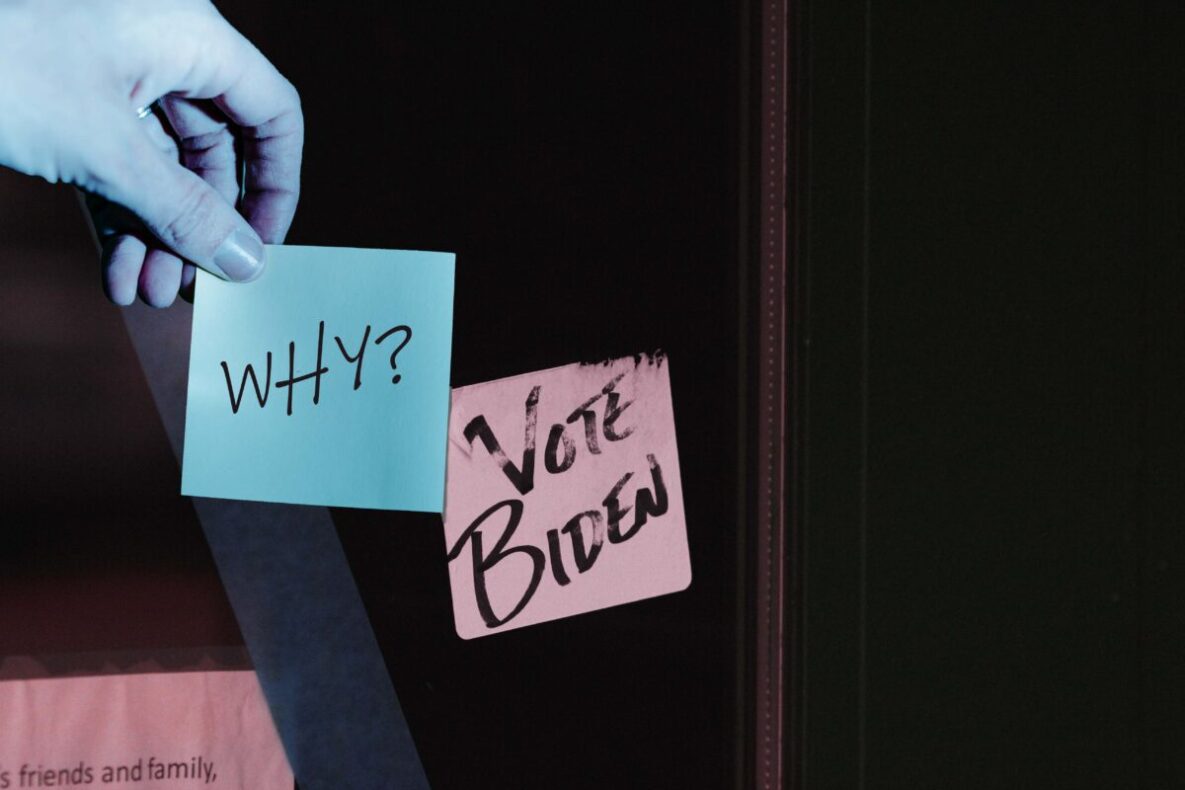
Illustration by Sarameeya Aree
Back in early 2015, I was working as an educational therapist supporting secondary school SEND departments when it finally dawned on me: the Government had no intention of saving our schools.
Every day, I witnessed food poverty firsthand: I saw kids with two working parents who were still unable to afford lunch money added to their biometric payment system at school and students with no access to FSM (Free School Meals) trying to learn and behave on an empty stomach. The intersectionality of disadvantage was magnified in every child’s circumstance, only it was more acute within a school environment. Kids were openly bullied for being poor. This meant that status symbols—sunglasses, belts, bags, shoes—were of great social importance, especially to students who were really poor.
I looked after a number of “at risk” children, often school refusers, demonstrating EBD (emotional and behavioral difficulties). What I noted was that these children all had to deal with the emotional and physical impacts of temporary or insecure and inadequate housing. Their homes were not stable or safe. They could not grow strong roots. Stuck in a constant danger arousal mode was impacting their ability to learn or retain academic information, which in turn negatively impacted their behavior towards learning.
Addressing this issue was my focus. But in order to help and communicate with these students, I needed to understand and speak their language—whatever that was. Many of us have heard of “love languages,” where each of us has a different way of expressing and receiving love. Similarly, we each have a different language that impacts how we learn, or how we receive, assimilate, and evaluate information. Our perceptions and associations govern how we—especially as children—experience the world.
I integrated all my learning and life experience to facilitate effective and successful communication and, thus, outcomes for my students. I collaborated with teachers open to my methods of remedial education therapy, and to be fair, we had many successful outcomes but not enough support or resources to really make the difference we all knew was needed or to experience a big enough shift for the better.
The food served at schools offers a wider metaphor for the educational experience I witnessed. Here, many couldn’t even afford the high cost of these nutritionally sub-par lunches, and those who could were being fed meals often lacked in live food content. How could we expect these students to grow or prosper under such conditions? Assuming that we all understand the concept of “you are what you eat”—If a child eats nothing, they are nothing; If they eat shit… well, frankly, they’ll be little shits.
(I leave this analogy with you until the second part of this article series.)
“Positive” behavior and mindset, in my experience, often require a lifestyle “shift” or choice that can sadly be too expensive and out of reach for far too many.
Hence, my crusade began.
I was determined to find a better way. Austerity was killing communities and education. The Government seemed so out of touch with reality. Who were these “expert advisors” and Ministers? Since the Conservatives came into power in 2010 and formed that disastrous coalition with the Lib Dems, over a billion pounds per year had been taken from child services. Too many schools—primary and secondary, were (and still are) facing social challenges that weigh too heavily on their very limited resources. CAMHS and Family Services were not and still cannot meet the needs of the many children it already serves, let alone the long list of those waiting…
Youth Clubs and extended children services no longer receive any ongoing funding. Mental ill-health was becoming rife in the schools I worked in over seven years ago and is worse now. It seemed, after listening to these students individually and in groups, even sometimes talking with their parents, to be caused in part by societal and parental stressors transferring energetically to the children. They were feeling a fear they couldn’t make sense of. Children have great bullshit detectors: they can feel anything off-key, even if they can’t yet label what or why. When a parent is distressed, even if they try to hide it, their kids will know.
I started praying and meditating daily. The pressure was too great for me to bear financially: I couldn’t afford to keep bringing in my own paper, giving kids money for lunches, sourcing free school uniforms and footwear, and even delivering a bed and linen to a family in great need of some help. I was too closely attached to delivering a successful outcome. As a mixed-race single parent, my empathy knows no bounds—but my pockets do. How were all the other dedicated teachers, with next to no resources or support, managing? The government has relinquished all accountability of (unsuccessful) outcomes to the schools and subsequently its teachers and support staff.
How can a plant grow in bad soil with no water? Eking out a dried-up and fragile existence in such a hostile setting to life is a one-in-a-million chance—some might even call it a miracle. (More incredible is that some of those lucky “one in a million” feel entitled to say stupid shit like: “Well, I came from poverty and trauma, and I made it. They just need to work harder.”)
Having now worked in Parliament, I can safely state that I have worked with many people—some of whom are currently working three low-paid jobs to make ends meet—who have a far better understanding of Public Governance and Society than those who make our policies. These people have more transferable life skills and experience, and creative and intellectual cognition in their thumbnails than those who sit in Government have as a collective. I wouldn’t trust the majority of those vying for power in Parliament with a bag of potatoes.
That said, just as I was reaching the depths of my despair, I received a call asking if I was free to go for an interview to work for the Labour Party and the new Shadow Chancellor—in Parliament. In my next article, we’ll venture together into the belly of the bureaucratic beast.






